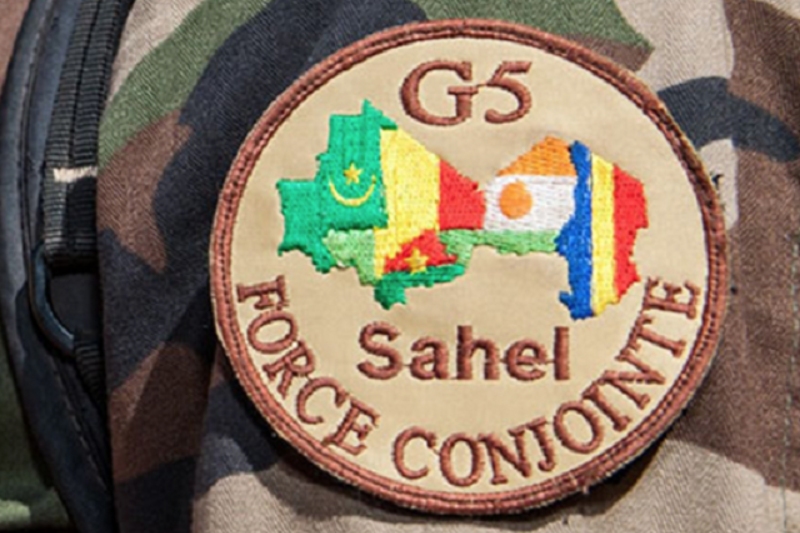Withdrawals from G5 Sahel: Setbacks and Discontent
The decision by the military chiefs of Burkina Faso and Niger to withdraw from the G5 anti-jihadist group highlights the persistent struggles against insurgents in the Sahel region. Their departure, following Mali’s exit post-military coup, underscores the limited successes achieved by the G5 Sahel since its inception in 2014. The coalition was established with the objective of combating the rising tide of jihadist activity, but internal conflicts, external influence, and institutional challenges have impeded its effectiveness.
Accusations of undue external influence, especially from France due to its extensive military presence in the region, have fueled discontent among participating nations. While the joint anti-terror task force, initially supported by France, was designed to counter extremist threats, it has faced hurdles as countries seek greater sovereignty in their fight against extremism. The withdrawal of Burkina Faso and Niger signifies a growing frustration with the limitations and external influence hampering their independent approaches to regional security.
Keep Reading
Abduction of Daouda Diallo and Advocacy Challenges
The recent abduction of Daouda Diallo, a prominent human rights advocate from Burkina Faso, has further highlighted the complex challenges prevailing in the region. Diallo’s sudden disappearance, allegedly orchestrated by unidentified individuals, has triggered widespread demands for his immediate release. Concerns have escalated regarding the safety of outspoken voices critical of ruling regimes and their policies.
Diallo’s activism spans various spheres, including vocal criticism of the ruling regime’s handling of jihadist threats and its requisitioning of dissenting voices to support the fight against extremism. His abduction underscores the risks faced by individuals who challenge the status quo, particularly when their critiques intersect with the government’s narrative or policies.
Amidst Challenges, Calls for Independent Voices, and Sovereignty
The withdrawal of nations from the G5 Sahel comes at a critical juncture when the region faces escalating security threats. However, it also signifies a demand for more autonomy in crafting strategies to counter these challenges. The accusations of excessive external influence, notably from France, resonate with a growing sentiment among these nations for greater sovereignty in addressing internal security concerns.
Simultaneously, the abduction of Daouda Diallo echoes broader concerns about the safety and freedom of independent voices in the region. The demands for his release by various organizations and the condemnation of such arbitrary actions highlight the risks faced by those advocating for human rights and challenging authoritarian regimes.

